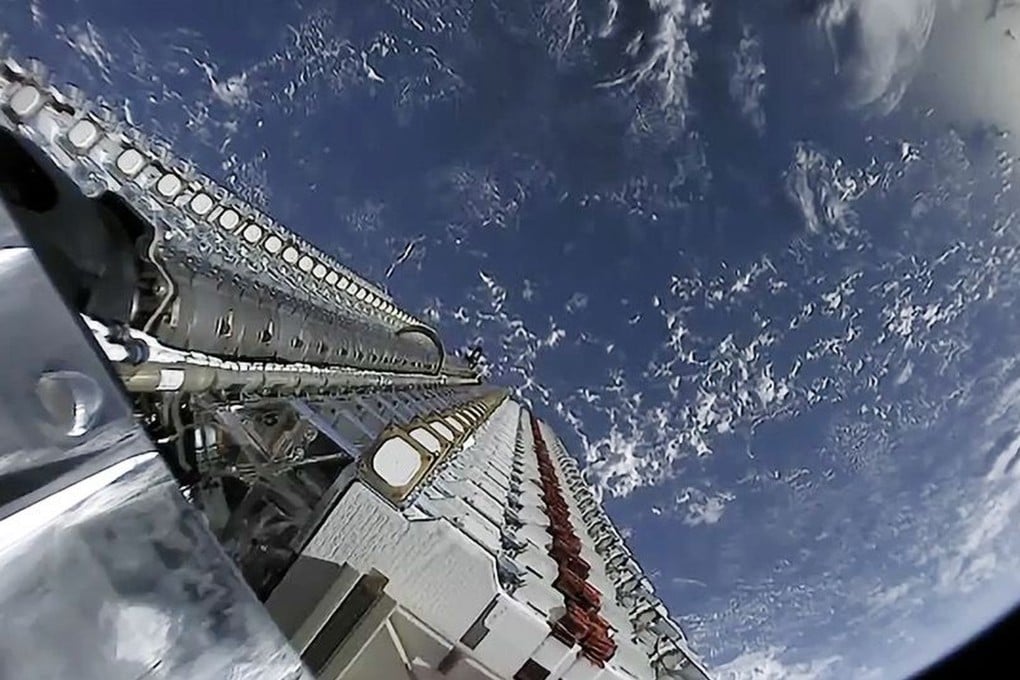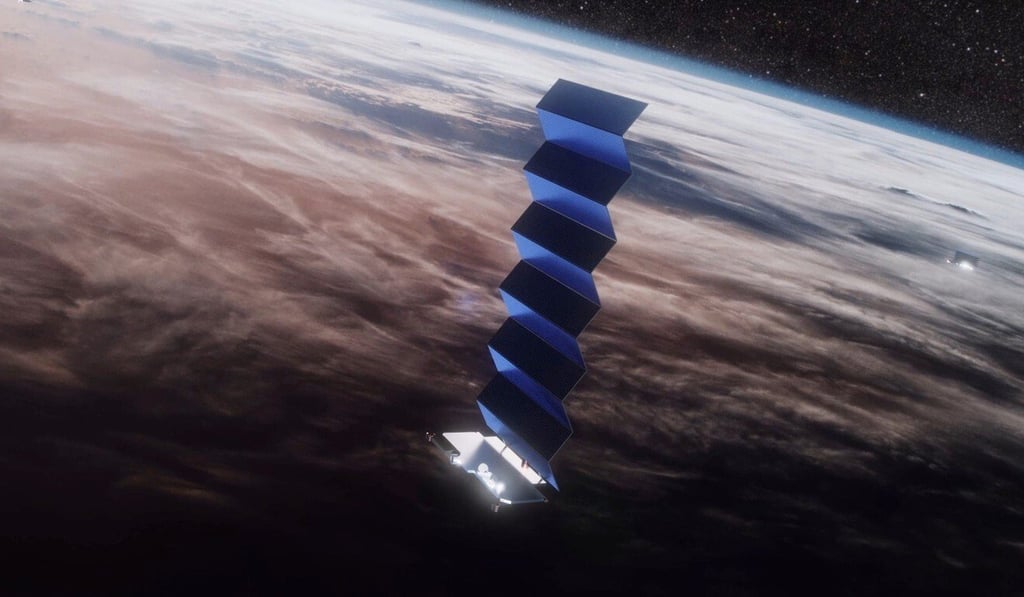Satellite internet failed 20 years ago. But this time is different.
- China and the US are racing to offer internet from space, with Elon Musk’s SpaceX in the lead

Satellite internet has been around for more than two decades. But now the technology may finally be ready to deliver on its promise: Affordable high-speed internet for all.
The concept of satellite internet itself is not new, but relatively few people have used it since commercial services started in the mid-1990s. Its main selling point is the potential to reach remote areas anywhere on Earth; places that are either too expensive or too difficult to connect via cable.
But past attempts at satellite internet service suffered from high cost and relatively slow service. Satellite internet was something you used because you had no other choice. But new technology means companies like SpaceX hope that consumers will soon choose to use satellite internet.

The difference? LEO satellites. Older systems relied on satellites in geostationary orbit, 22,000 miles away from Earth. But LEO satellites can be anywhere between 200 and 1,200 miles above the surface, dramatically cutting down on latency.